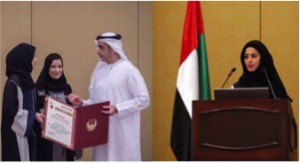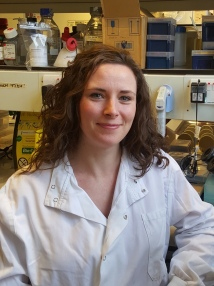
Dr Beth Holder, a researcher in Imperial’s Department of Medicine, struck Bronze at a competition in the House of Commons, for the excellence of her biological/biomedical research, walking away with a £1,000 prize.
Beth presented her biology research to dozens of politicians and a panel of expert judges, as part of the poster competition SET for Britain, on Monday 7 March.
Her research, which focuses on communication between the mother’s immune system and the placenta during pregnancy, was judged against 59 other shortlisted researchers’ work and came out as one of the three winners.
Beth said,
“It may surprise people that, despite it’s vital role in pregnancy at giving everyone the best start in life, the placenta is considered the least understood organ in the human body. My work aims to understand how the mother’s immune system communicates with the placenta and baby during pregnancy using microscopic ‘parcels’ called exosomes that send messages between cells in the human body. This communication between mother and placenta may be particularly important in cases when the mother’s immune system is altered, such as inflammation, infection or allergy. I was delighted to have this fantastic opportunity to communicate my research at SET for BRITAIN, and thrilled to win the bronze award. I hope that I raised the profile of placental research, and highlighted the importance of funding further research in this area.”
SET for Britain aims to help politicians understand more about the UK’s thriving science and engineering base and rewards some of the strongest scientific and engineering research being undertaken in the UK.
Stephen Metcalfe MP, Chair of the Parliamentary & Scientific Committee, sponsors of the Bronze Award for Biological and Biomedical Sciences, said: “This annual competition is an important date in the parliamentary calendar because it gives MPs an opportunity to speak to a wide range of the country’s best young researchers.
“These early career engineers, mathematicians and scientists are the architects of our future and SET for Britain is politicians’ best opportunity to meet them and understand their work.”
Dr Mark Downs, Chief Executive of the Royal Society of Biology, said: “Scientists and politicians both have major roles in addressing some of society’s biggest challenges, from climate change to food security. SET for Britain is a rare opportunity for politicians to meet some of our most promising early career scientists and understand their work.
“It is important that MPs make policy decisions informed by evidence, and a greater mutual understanding between MPs and scientists will improve this. The Government needs to ensure the UK continues to lead the world in biological research where we have enormous strength”.
Prof. Richard Vaughan-Jones, President of The Physiological Society, said “The UK has an excellent biomedical research base for which physiology provides fundamental understanding and direction. SET for Britain provides a unique opportunity for parliamentarians to engage with the scientific research that government funds and recognise the skills of our scientists training and working in the UK. The Physiological Society is extremely pleased to continue its longstanding support for this event.”
The Parliamentary and Scientific Committee runs the event in collaboration with the Council for Mathematical Sciences, the Institute of Physics, The Physiological Society, the Royal Academy of Engineering, the Royal Society of Chemistry and the Royal Society of Biology, with financial support from Essar, the Clay Mathematics Institute, Warwick Manufacturing Group (WMG), the Institute of Biomedical Science, the Bank of England and the Society of Chemical Industry.
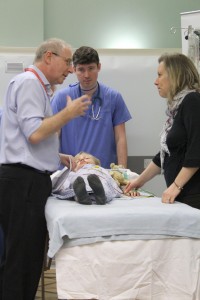 ICCESS have once again been supporting the More Smiles Appeal, by delivering a simulation event at Wetherby Preparatory School on 2nd February 2016. Funds raised on the night will contribute towards the redevelopment and expansion of the paediatric intensive care unit at St Mary’s Hospital. The simulation featured a team of clinicians from the unit demonstrating the high level of care they provide despite the constraints they are placed under in terms of space.
ICCESS have once again been supporting the More Smiles Appeal, by delivering a simulation event at Wetherby Preparatory School on 2nd February 2016. Funds raised on the night will contribute towards the redevelopment and expansion of the paediatric intensive care unit at St Mary’s Hospital. The simulation featured a team of clinicians from the unit demonstrating the high level of care they provide despite the constraints they are placed under in terms of space.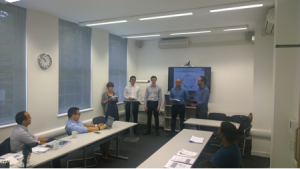
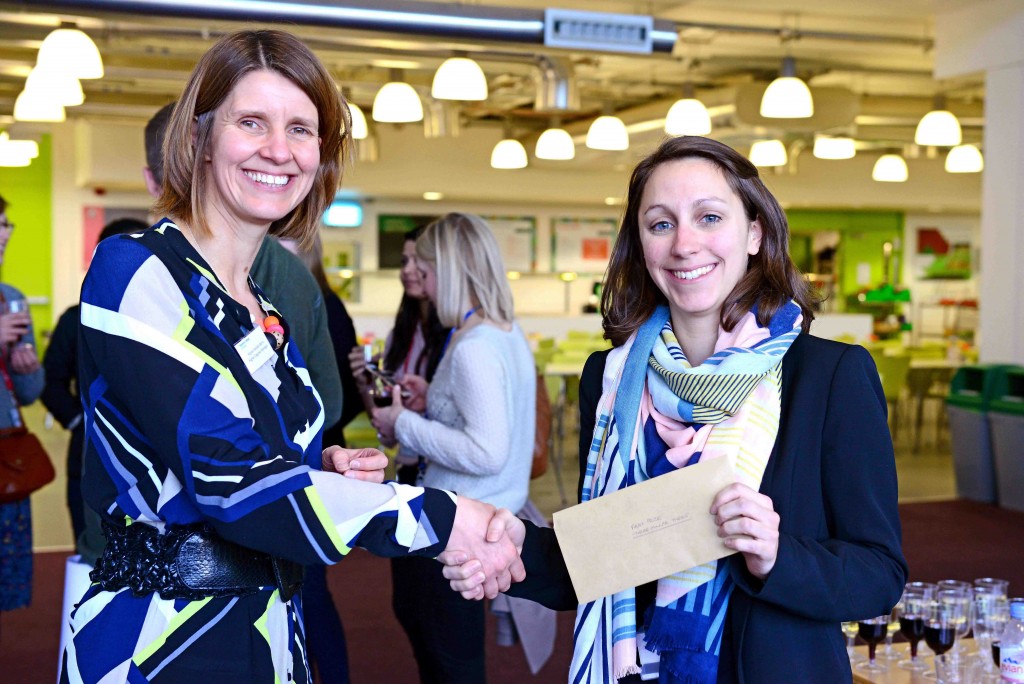
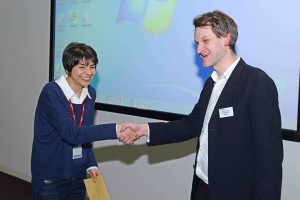
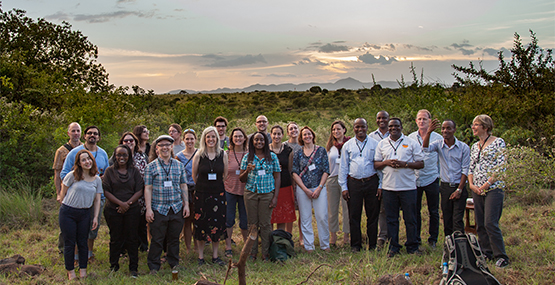 Workshop exploring zoonotic disease at the human-wildlife-livestock interface
Workshop exploring zoonotic disease at the human-wildlife-livestock interface